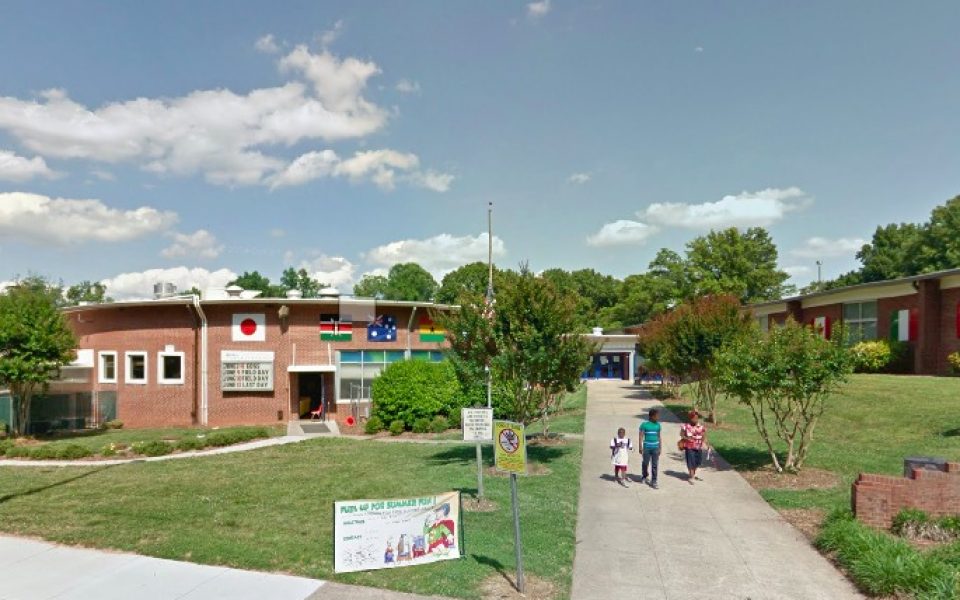It might not seem all that controversial to criticize school segregation, but since the majority-white voters of Forsyth County impose the arrangement on a student population that is majority non-white, it’s evident that many people feel otherwise.
The federal courts lifted an order requiring racial balance in Winston-Salem/Forsyth County schools in the 1980s, but the assignment policy remained in place until a conservative white majority on the school board adopted a new plan in 1995 that emphasized parental choice.
The choice plan, which has resulted in increasing racial and socioeconomic segregation, has created a vicious cycle. Urban schools that serve high percentages of students who qualify for free and reduced lunch, predominantly black and brown, become less appealing, and parents with resources opt to send their children elsewhere. Faced with the challenges of educating students in schools with high levels of poverty, teachers also typically prefer assignments elsewhere. As a result, urban schools with high levels of poverty become underpopulated. Meanwhile, suburban schools with higher percentages of white students and higher academic performance become overcrowded, and thus receive priority for replacement or expansion, while urban schools are subject to a downward cycle of disinvestment.
Ashley Elementary, a school with a 94.2 percent non-white population where students and teachers have complained of chronic sinus infections and headaches potentially due to mold exposure, is the predictable result of the resource allocation scheme driven by Winston-Salem/Forsyth County Schools’ choice plan.
Notably, Ashley Elementary was slated for replacement under an early draft of the 2016 school bond, but once the school board winnowed down the price tag and a deal to acquire property for the new school fell apart, replacement was dropped from the project list.
Now, Winston-Salem/Forsyth County Schools is the target of a federal civil rights complaint filed with the US Department of Education under Title VI of the 1964 Civil Rights Act.
Among other things, the complaint brought on behalf of Action4Ashley Coalition calls on the school district to build a new facility for the students as soon as possible, allow students and staff susceptible to symptoms from poor indoor-air quality the opportunity to immediately transfer to a different school, provide additional services to students who missed school due to health problems, and conduct a comprehensive survey of school buildings to determine if other schools serving predominantly non-white and low-income students are experiencing similar conditions.
“WSFCS’s failure to take immediate action to remedy the conditions at Ashley has had a direct and harmful effect on the ability of students at Ashley, who are predominantly black, to learn in a healthy environment resulting in potentially irreversible educational consequences,” the complaint charges.
Join the First Amendment Society, a membership that goes directly to funding TCB‘s newsroom.
We believe that reporting can save the world.
The TCB First Amendment Society recognizes the vital role of a free, unfettered press with a bundling of local experiences designed to build community, and unique engagements with our newsroom that will help you understand, and shape, local journalism’s critical role in uplifting the people in our cities.
All revenue goes directly into the newsroom as reporters’ salaries and freelance commissions.





Leave a Reply